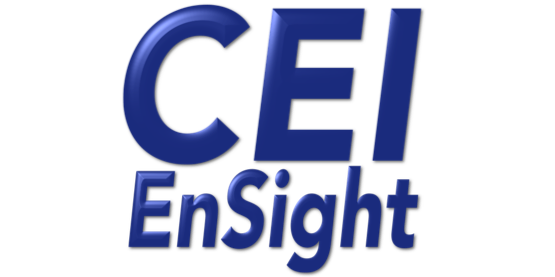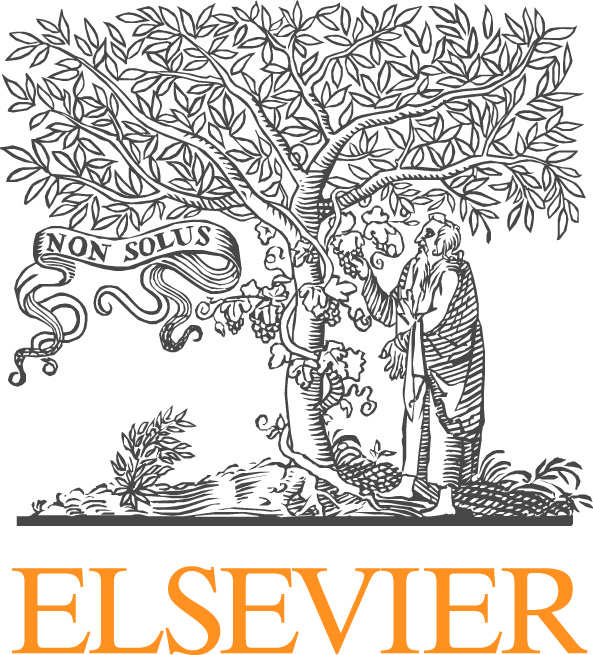
Shortcourse: Goal-Oriented Methods: Error Estimation, Adaptive Algorithms, Multiscale Modeling
Instructors:
* Serge Prudhomme (Department of Mathematics and Industrial Engineering, Ecole Polytechnique de Montreal)
* Kris van der Zee (Multiscale Engineering Fluid Dynamics, Eindhoven University of Technology)
* Luca Dede (Mathematics Institute of Computational Science and Engineering, Ecole Polytechnique Federale de Lausanne)
Course description:
The idea of goal-oriented methods embraces the notion that numerical simulations are generally performed to study specific features of solutions to initial- and boundary-value problems. These are the so-called output quantities of interest and represent the goals of the predictions. Obviously, it is important to be able to estimate the discretization error in such quantities of interest and use these estimates to adapt the mesh in order to control their accuracy. This is the mission of goal-oriented adaptive algorithms. Goal-oriented methods have been conceived in the 1990s as a generalization to classical a posteriori error estimation methods, and have been extended to provide a framework for adaptive modeling, namely, the assessment and control of surrogate models with respect to reference models.
Course objectives:
* To present the fundamental concepts of goal-oriented methods, including the derivation of the adjoint problem, as applied to various initial and boundary-value problems.
* To introduce numerical procedures for the accurate evaluation of quantities of interest, and the estimation of the corresponding errors.
* To introduce adaptive strategies for the control of discretization errors in quantities of interest.
* To provide the basic notions of adaptive modeling.
Course contents:
* Brief review of classical a posteriori error estimation methods.
* Adjoint problems, well-posedness, error representation for quantities of interest, a priori estimates, mean-value linearized adjoints, and modeling error estimation.
* Discretization of adjoints, goal-oriented error estimates for finite element approximations, and recent developments with Isogeometric Analysis.
* Adaptive methodologies including marking and refinement / enrichment strategies.
* Applications to linear and nonlinear steady problems, coupled and multiscale problems, time-dependent problems, etc.
Course material:
Lecture notes and (Matlab) code to be handed out.










